‘Political union’: A German Europe or disintegration?
As speculation about a Greek exit from the eurozone continues, Germany is pushing ahead with plans for a new treaty that might result in a transformation of the EU – or its disintegration.

ECFR Alumni · Former Research Director
Hans Kundnani used to work for ECFR as Editor and Research Director.
As speculation about a Greek exit from the eurozone continues, Germany is pushing ahead with plans for a new treaty that might result in a transformation of the EU – or its disintegration.
If the EU has any real aspiration to be a normative power it must rethink its 'strategic partnerships' with the world's other powers, reflecting the importance of values like democracy, rather than ignoring them.
Europe’s relationship with Beijing will largely be determined by the emerging “special relationship” between China and Germany. However, the rest of Europe must find ways to help Germany be a good European in its relationship with China – or risk being cut out of the loop.
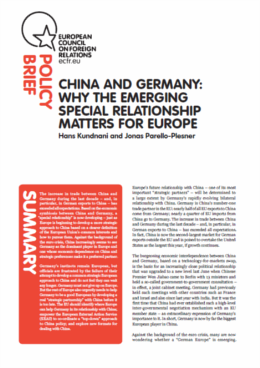
Why the emerging special relationship matters for Europe
Since the beginning of the euro crisis, there has been much discussion of actual or potential German “hegemony” in Europe. But Germany's self-centeredness and short-term thinking disqualify it as a hegemon.
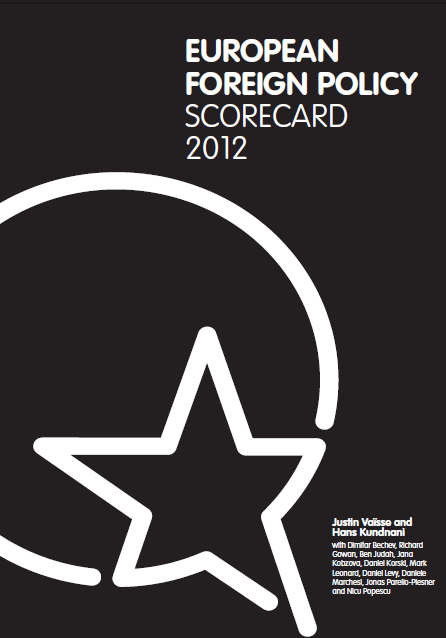
Instead of helping to solve the world’s problems, Europe is now a problem itself
Germany's minimalist approach to fixing the eurozone crisis is not only leading to ever more bailouts. It is also harming the rest of the eurozone because Germany's 'ordoliberalism' is too inflexible to provide a coherent answer to the crisis.
Berlin's failure to support intervention in Libya but willingness to arm Saudi Arabia shows the central contradiction in a foreign policy that is increasingly driven by the needs of a geoeconomic power's export industry.
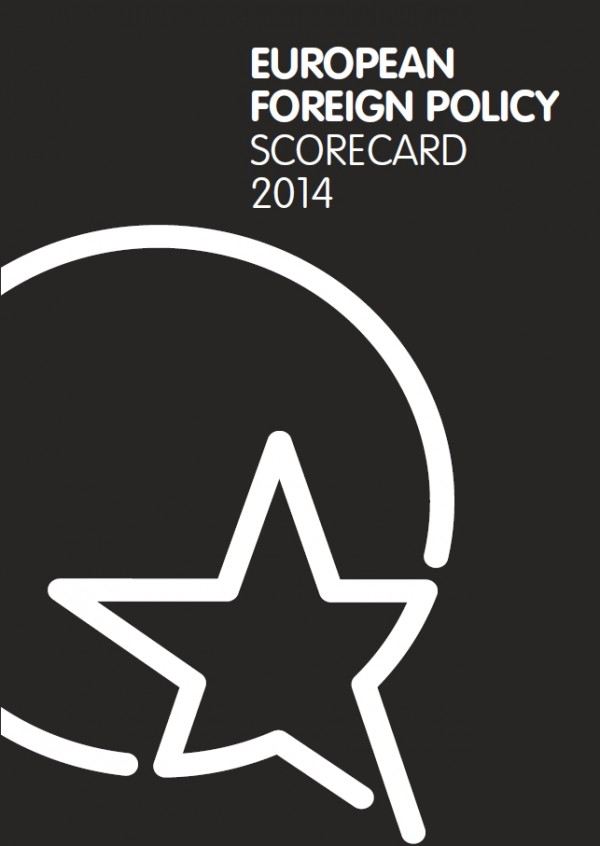
A comprehensive assessment of European foreign policy
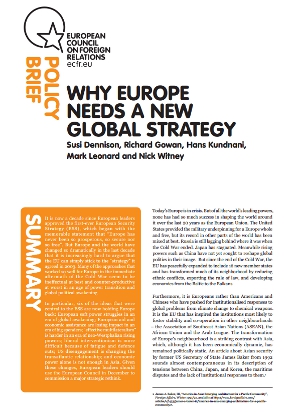
Towards a new EU foreign policy

Why the emerging special relationship matters for Europe

Instead of helping to solve the world’s problems, Europe is now a problem itself
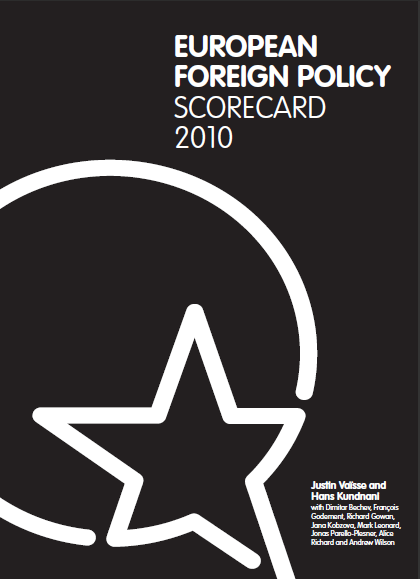
The 1st edition of the European Foreign Policy Scorecard
Economic tools in Asia are increasingly being used for strategic purposes, as the “two Asias” – military and economic – come closer together
As opposition to the TTIP increases, supporters increasingly fall back on the “strategic” case for the deal – no matter how flawed the logic is
Modi and Putin publicly reaffirmed the longstanding bond between India and Russia yesterday, even as the West continues to seek to isolate Russia
The expansion of the dialogue between Germany and China to include foreign and security policy could have a huge, and potentially problematic, effect for the European Union.
Can a new “containment” of Russia work in an age of economic interdependence?
A tension between the need for robust deterrence and the risk of escalation leads to almost impossible choices for Asians
As difficult as the Ukraine crisis is for German business, the real test would be an “Asian Crimea”
UKIP’s win puts even more pressure on Cameron
Can Europeans safely ignore rising tensions in the Asia-Pacific? European policymakers may want to focus on their near neighbourhood and the transatlantic relationship but one way or the other they will have to deal with the fallout from rising tensions in Asia
Although it may seem that Europe is down and out as it struggles with multiple crises, things are in fact far, far better than they appear on the surface.
Séminaire du 2 juin à la représentation de la Commission européenne en France Panel 1: Competing Leaderships? The Franco-German Couple in the European Union…
Despite its structural power at EU level, the German coalition government led by Angela Merkel has failed to come up with a sound response…
Prof Lord Giddens, sociologist and former Director of the LSE, and Hans Kundnani, Research Director at ECFR, discuss German power and its implications for…
Mark Leonard talks to Hans Kundnani, Andrew Wilson and Stefan Meister about the latest events in Ukraine, Germany's Russia policy and how all this…